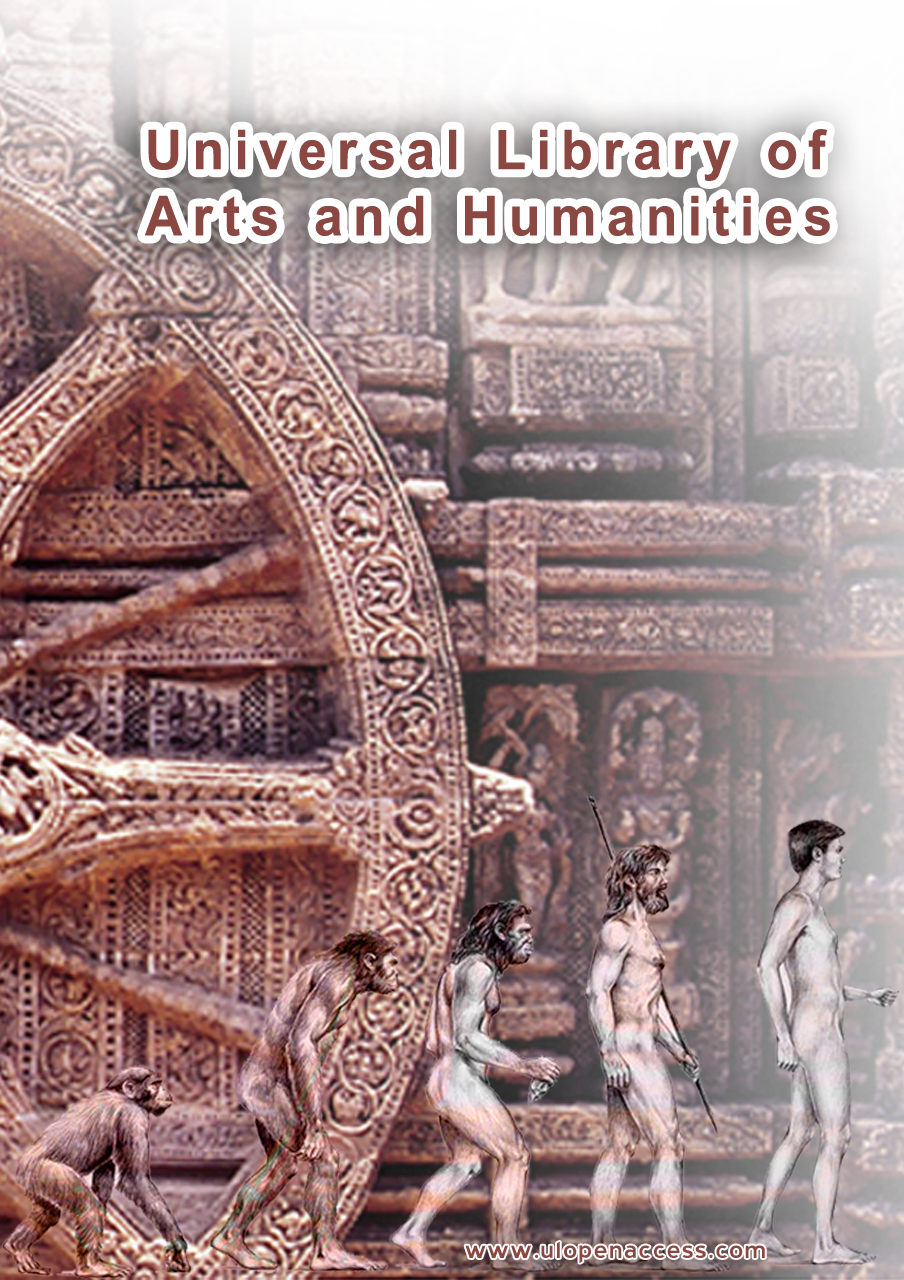Psycholinguistic Characteristics of Multicultural Language Adaptation in Bilingual ChildrenYuliia Kaliuzhna Citation: Yuliia Kaliuzhna, "Psycholinguistic Characteristics of Multicultural Language Adaptation in Bilingual Children", Universal Library of Arts and Humanities, Volume 02, Issue 03. Copyright: This is an open access article distributed under the Creative Commons Attribution License, which permits unrestricted use, distribution, and reproduction in any medium, provided the original work is properly cited. AbstractThe study is devoted to identifying the psycholinguistic determinants of multicultural language adaptation in bilingual children. Its aim is to provide a comprehensive consideration of the cognitive, sociocultural and neurolinguistic variables that determine the acquisition and functioning of two languages in a polycultural environment. Methodologically, the work relies on an interdisciplinary approach that includes analysis of publications, synthesis of empirical observations and processing of statistical data obtained from recognized international resources. During the analysis, the main predictors of successful adaptation were identified: the productivity of executive functions, the specifics of the home language context, and the mechanisms of interlingual interference. The results obtained demonstrate the influence of bilingualism on the development of cognitive flexibility and working memory capacity, with the intensity of this effect being conditioned by the qualitative and quantitative parameters of language input. It is also shown that code-switching strategies correlate with the level of inhibitory control. The scientific novelty of the work lies in the integration of heterogeneous data, which made it possible to develop a holistic model of multicultural language adaptation. The conclusions emphasize the relevance of creating comprehensive educational and family programs aimed at the harmonious development of bilingual children, which makes the article useful for psycholinguists, child psychologists, educators, speech therapists and parents. Keywords: Bilingualism, Psycholinguistics, Language Adaptation, Bilingual Children, Multiculturalism, Cognitive Development, Executive Functions, Code-Switching, Interlingual Interference, Home Language Environment. Download |
|---|

